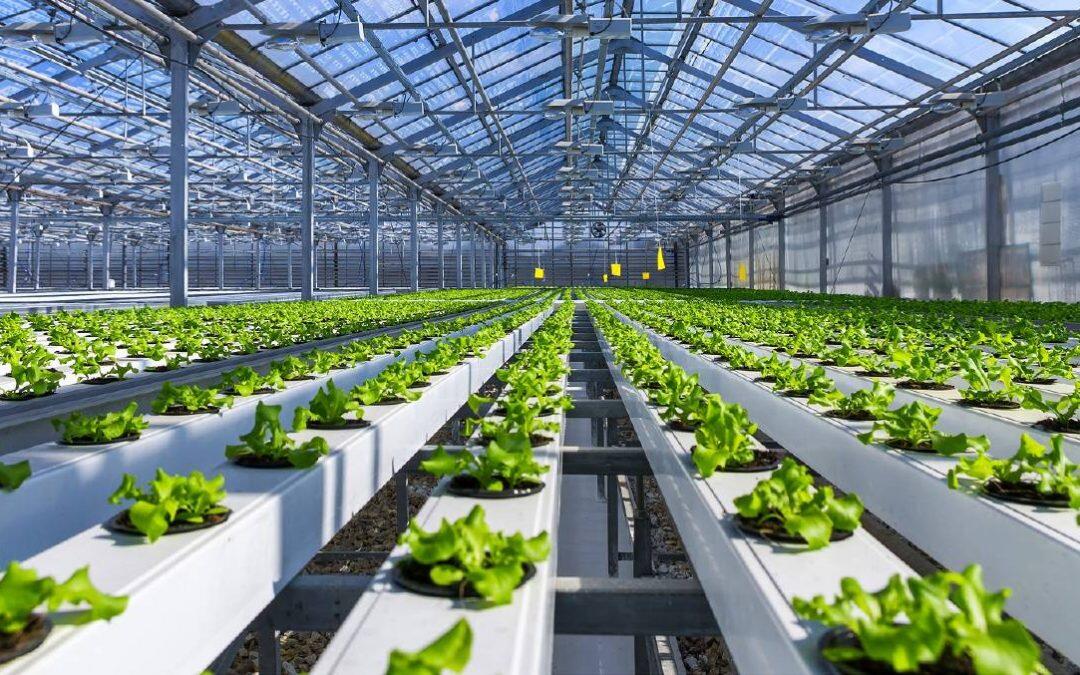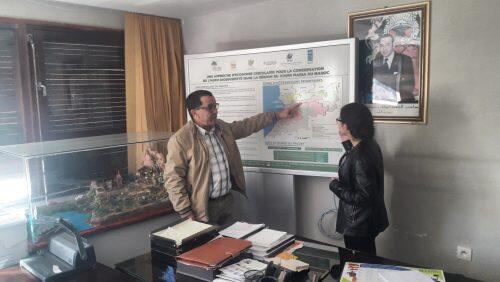Over the last 10 000 years, agriculture was always seen as a vital social and economic sector throughout the world. However, implications of farming systems on environmental sustainability have recently drawn attention of the scientific and business communities amid the increasing global food demand.
Sustainable agriculture, therefore, has become a promising option to meet current food needs without compromising the ability of future generations to meet their own needs.
- Sustainable Agriculture
- What is Sustainable Agriculture
Sustainable agriculture is a regenerative farming system that focuses on producing long-term crops and livestock while having minimal effects on the environment.
- Guiding Principals
There are several key principles associated with sustainability in agriculture:
- The incorporation of biological and ecological processes into agricultural and food production practices.
- Using decreased amounts of non-renewable and unsustainable inputs, particularly the ones that are environmentally harmful.
- Using the expertise of farmers to both productively work the land as well as to promote the self-reliance and self-sufficiency of farmers.
- Solving agricultural and natural resource problems through the cooperation and collaboration of people with different skills.
- Rationale for Sustainable agriculture
This agriculture plays a major role in preserving natural resources, reducing greenhouse gas emission, halting biodiversity loss and caring for valued landscapes as a result of the massive demand for food increase, climate change and ecosystem degradation.
- Sustainable agriculture at the international, national and regional scales
- Introduction :
At the global level, the 2030 Agenda for Sustainable Development Goals (SDGs) requires transformative action in agricultural sector, embracing the principles of sustainability and tackling the root causes of poverty and hunger. But how do policymakers turn that into reality? The Rome Based Agencies – FAO, IFAD and WFP – are working closely with countries to raise awareness among policy makers, and farmers, providing technical and operational support, and fostering partnerships and discussion in the national dialogue on SDGs. Towards this end, FAO has proposed a set of 20 interconnected actions to guide decision makers for transforming food and agriculture to support SDGs.
In Morocco, Agriculture plays a crucial role in the social and economic development, as it contributes 15% of the overall GDP and provides 40% of jobs thanks to many projects that aimed at modernising this sector while alleviating poverty and the associated rural-urban migration.
For this exact purpose, I have got the honour to meet Mr Moha HADDOUCH National Coordinator of circular economy project SMD, to tell me more about this subject.
- Green Morocco Plan:
To build momentum behind the need to move towards more sustainable agriculture, the Ministry of Agriculture launched the Green Morocco Plan in 2008 with the aim to speed up the development of modern and competitive agriculture, which they believe is necessary to improve the economy, while considering food safety targets and the fight against climate change.
- Case study : argan biosphere reserve
Unsustainability of farming systems is rarely, if ever, the result of a single cause and can thus only be addressed through the simultaneous and coordinated approaches that fit into the regeneration framework. To this end, a circular economy approach can be adopted based on 6 key insights, abbreviated as RE.S.O.L.V.E., that make the case for its application in the process of the argan ecosystem restoration :
- REstoring natural capital through PES for Grazing set-asides associated with sound management of bee transhumance and controlled harvesting of aromatic plants,
- Sharing means of production to boost the social capital connected to the argan ecosystem through the established Indigenous Community Conservation Area;
- Optimized and efficient and use of resources by setting out an ecobranding system of domestic products based on responsible production and consumption;
- Closing the Loop for resource efficiency through decarbonizing of local farming systems coupled with recycling wastes;
- Vertualization of food supply chains with New Technologies of Communication (social media,, e-commerce, crowdfunding and digital currency …)
- Ecodesign by substituting inefficient equipement and installations by more ecologically friendly ones in order to ensure that quality requirements meet high standards of potential markets. .
The ABR Eco branding is seen as an inter-sectarian instrument that could leverage synergies and increase the value of domestic products by incorporating the total economic value into the pricing structure, reflecting on the produced capital (ONSSA standards,), the natural capital (compensation for grazing set-asides, organic farming, Nagoya protocol), the human capital (PGI ) and the social capital (fair trade).












